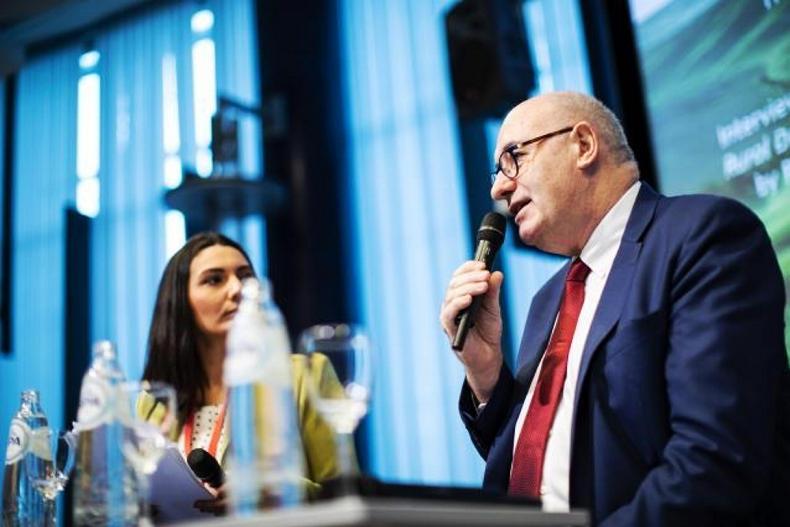The EU, which has been looking at how to tackle unfair trading practices in the food chain for over a decade, finally reached agreement before Christmas on a series of measures designed to protect the smaller players in the food chain.
The process received a considerable boost when European Commissioner for Agriculture Phil Hogan made it a priority work stream and secured support from the other commissioners in the college to take it forward.
Despite sounding like an idea that would command widespread support, there was plenty of opposition from several countries within the EU. Predictably, it was strongly opposed by the large supermarket lobby but supported by the farm lobby. Part of the difficulty in securing support across member states was the fact that many regarded this as an issue to be dealt with at national rather than an EU level. The EU approach, championed by the commissioner, was that if UTPs were an issue that 21 member states felt the need to legislate for in one way or another, then it was an issue that should be tackled at an EU level.
The endgame arrived the Wednesday before Christmas when the trilogue – the term given to a combined negotiation between the three EU institutions (Parliament, the Commission and the Council) announced that agreement had been reached. It establishes a number of fundamental rules that will be legislated for. The definition of a small supplier took considerable negotiation in itself and the final position is that a series of turnover points are identified, with businesses below those protected from those above the thresholds.
Therefore, what is defined as a micro business with turnover below €2m will be protected in dealing with companies with turnover in excess of €2m. Similarly, companies between €2m and €10m turnover will be protected against larger companies (above €10m), and so on for companies between €10-50m, €50-150m and €150-350m.
A number of commercial practices will be banned under the UTP proposals. Buyers will be obliged to make payments within 30 days of delivery for agri-food products and 60 days for non-perishable products. Similarly, buyers will be banned from cancelling orders within 30 days of delivery or amending the supply contract unilaterally. On the issue of returns of unsold produce, this would also be prohibited unless there was an agreement in advance that it was acceptable practice. It is a similar situation with suppliers paying for the marketing of their produce in store or paying what is known in the trade as “hello money” – this is where a prospective supplier is invited to make a payment in order that their product is carried on the retailer’s shelf.
Reaction
Naturally, the Commissioner is delighted that agreement has been secured for a suite of UTP proposals. The farm lobby, represented in Brussels by Copa Cogeca, has also endorsed the agreement, pointing out that it is something they have been campaigning for over the last decade. A totally opposite view is taken by EuroCommerce, the Brussels lobby organisation that represents supermarkets and wholesalers from across the EU.
They say that it is disingenuous to claim the UTPs were protecting the weak against the strong given that the UTPs covered businesses with turnover up to €350m. Their view is that it isn’t really about protecting farmers and that it would put processors in a powerful position when dealing with many smaller retailers and cause price increases.
It has been the Commissioner’s long-held view that when something is important enough for 21 member states to legislate for, it should also have a pan-EU policy as well. With this deal on UTPs, the EU will set a basic standard of protection with considerable flexibility for member states to build on and enforce. This was one of the controversial issues in getting the proposals agreed – the desire of member states to keep control themselves.
It can also be correctly argued that the UTPs as agreed won’t put 1c/kg or 1c/l on the price of beef and milk. They are very much pitched towards protecting the smaller supplier in dealings with the larger buyer. This processor-orientated and of little direct benefit to farmers in this first phase anyway. However, it is a start and a meaningful one as well. Farmers would want the UTPs to go further and directly tackle the supply relationship between them and processors too. There is now a facility for producers to combine their selling to achieve scale in a producer-group manner that previously would have fallen foul of competition legislation. The challenge for farmers is to use this tool to give them negotiating power and follow the co-op model that has served farmers well on many parts of the continent.
The UTP deal is far from a solution to all farmers’ problems but it is a worthwhile start and something that can be built on.






 This is a subscriber-only article
This is a subscriber-only article










SHARING OPTIONS: